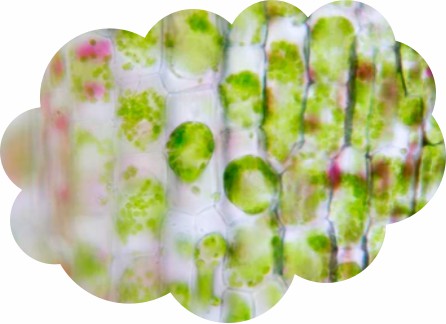The normal physiological function of cell membranes depends on the integrity of the membrane structure and the dynamic and continuous flow of membrane lipids; fluidity is a fundamental feature of biological membrane structure. The fluidity of cell membranes mainly refers to the degree of movement of lipid molecules. Changes in the fluidity of membrane lipids can alter the lipid environment of proteins in the membrane, affecting the protein conformation.
Lifeasible is an industry leader in plant research. Relying on our advanced technology platform and experienced team of experts, we provide a variety of effective detection techniques for plant cell membrane fluidity testing. Our fluorescent probe labeling method has shown good results in plant cell membrane fluidity testing, which significantly improves the accuracy and efficiency of the test.

Detection of cell membrane fluidity helps us to understand the structure and function of the cell membrane. At present, membrane fluidity can be studied from different angles by techniques such as differential scanning calorimetry (DSC), X-ray diffraction, electron spin resonance (ESR), and fluorescence labeling, among which the fluorescence labeling method is simpler and more direct, and has been more widely used. Various fluorescent probes are used to study membrane lipid fluidity, among which 1,6-diphenyl-1,3,5-hexatriene (DPH) and 8-phenylamino-1-naphthalenesulfonic acid ammonium salt (ANS).
The change of fluorescence intensity of ANS in cell membrane fluidity assay reflects the change of environment of the membrane lipid binding site. Meanwhile, the fluorescence quantum yield of ANS correlates with the fluidity of the membrane lipid polar region. The smaller the fluorescence intensity (IF) value, the higher the mobility; on the contrary, the larger the IF value, the lower the mobility. We have utilized ANS as a fluorescent probe, which has shown good results in detecting the fluidity of plant cell membranes.

Detecting the membrane fluidity of plant cells helps to deeply understand the structure and function of plant cells and provides important reference and application value for research in biology, medicine, agronomy, etc. Lifeasible is committed to plant research, and we provide advanced technical support for the study of plant cell biology; we will select the most appropriate detection method according to the needs of our customers' projects and the actual situation. We will select the most appropriate assay according to the needs of the customer's project and the actual situation. If you are interested in us, please feel free to contact us.
Lifeasible has established a one-stop service platform for plants. In addition to obtaining customized solutions for plant genetic engineering, customers can also conduct follow-up analysis and research on plants through our analysis platform. The analytical services we provide include but are not limited to the following:
July 13, 2024